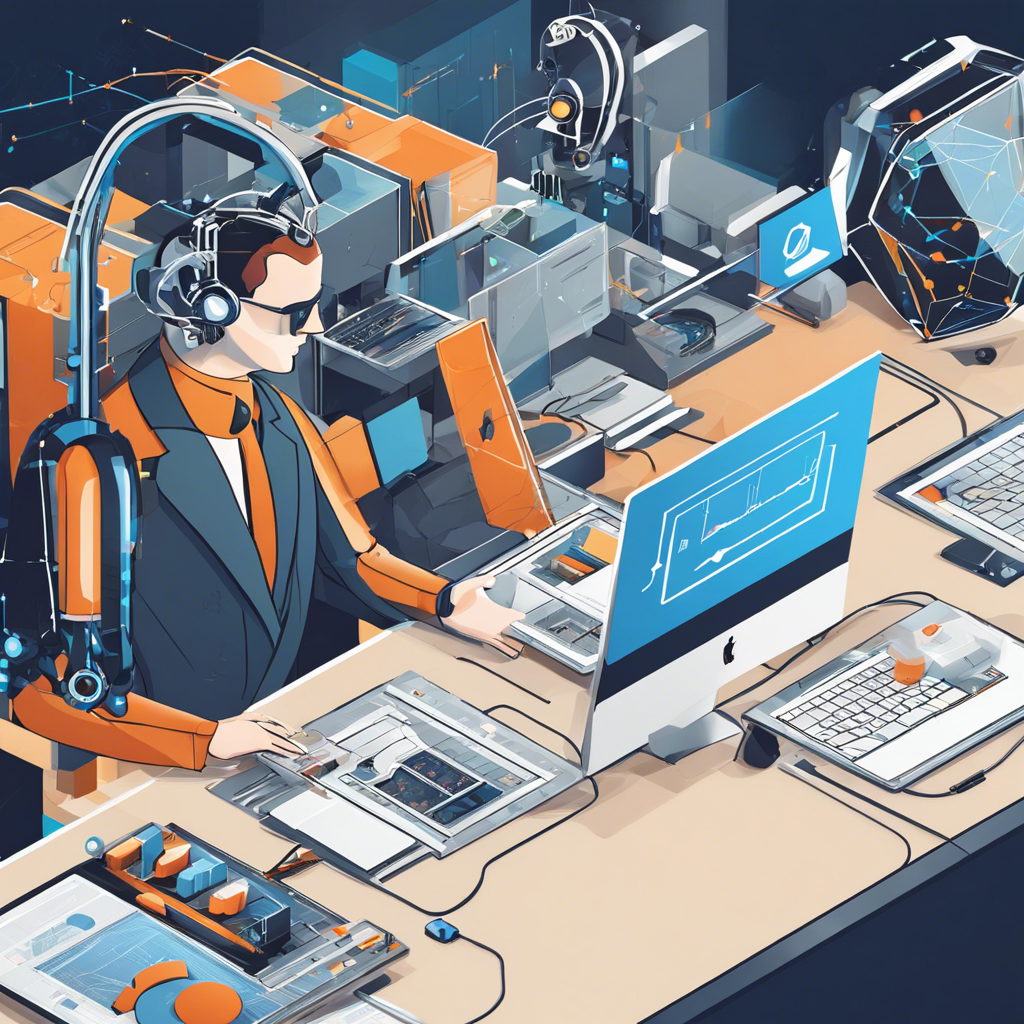The future of work is here, and artificial intelligence (AI) is at the heart of it. The rapid advancements in AI technology are transforming the way we live and work, offering both opportunities and challenges for professionals across all industries. So, what does this mean for your career?
AI is already having a significant impact on the job market, from automated customer service chatbots to advanced data analytics tools. As AI continues to evolve and become more capable, we can expect to see even more jobs transformed or created as a result. While some jobs may become automated, new roles requiring human creativity, empathy, and strategic thinking will emerge. For example, AI ethicists, machine learning engineers, and robotic process automation developers are already in high demand.
Developing your digital skills is essential to staying competitive in the job market. Familiarize yourself with basic AI technologies and how they can be applied in your field. Online courses, boot camps, and certifications are great ways to upskill and demonstrate your knowledge to employers. In addition to technical skills, soft skills such as problem-solving, critical thinking, and emotional intelligence will become even more valuable as AI takes on more task-oriented work.
The future workplace will also see a greater emphasis on flexibility and remote work. As AI technologies enable more remote collaboration and communication, professionals will have increased opportunities to work from anywhere in the world. This can lead to more diverse and inclusive workforces, as well as improved work-life balance for employees. However, it also raises new challenges, such as managing distributed teams and ensuring equal opportunities for all employees, regardless of their physical location.
AI is also expected to have a significant impact on the creative industries. From content generation to design and marketing, AI tools are already being used to enhance human creativity and productivity. For example, AI can analyze large datasets to identify trends and insights that can inform more effective marketing campaigns. Or it can be used to automatically generate personalized content for individual customers, such as product recommendations or targeted articles.
The key to thriving in this new world of work is adaptability. Stay open to new technologies and be willing to embrace change. Continuously seek out learning opportunities and stay up-to-date with the latest developments in your field. Building a strong network of connections and seeking mentorship from those already working in AI can also help you navigate this rapidly evolving landscape.
While the future of work may bring uncertainty, it also brings countless opportunities for those who are prepared. By upskilling, adapting, and embracing the potential of AI, professionals can future-proof their careers and stay ahead of the curve. Remember, the best way to predict the future is to create it yourself!
Lastly, it’s important to note that ethical considerations will play a crucial role in the future of AI in the workplace. As AI technologies become more powerful, society will need to grapple with important questions around privacy, bias, and the potential displacement of workers. Responsible development and use of AI, with a focus on transparency and accountability, will be essential to ensuring that the benefits of this technology are shared equitably among all members of society.


